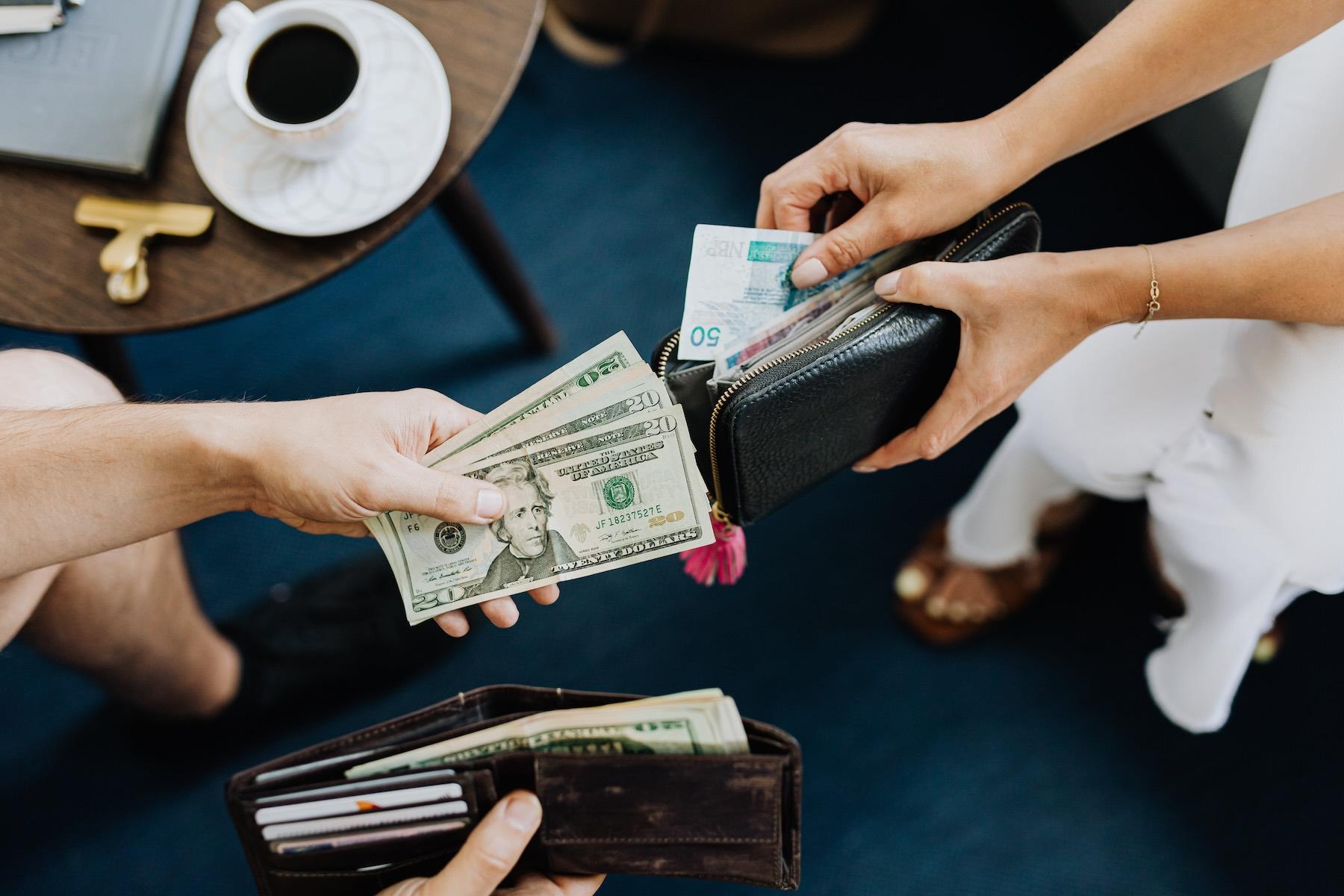The answer depends on what you prioritize in your cryptocurrency dealings: security, convenience, or risk diversification. If you hold multiple ERC20 tokens, having a single wallet can reduce the hustle of managing multiple wallets simultaneously.
However, if you have a sizeable amount in your portfolio spread across multiple cryptocurrencies, properly managing multiple wallets can be the difference between securing your investment and potentially exposing it to risks.
The choice of using multiple wallets for crypto hinges on a balance between ensuring safety, managing complexity, and optimizing for performance.
Here is a breakdown of what you need to consider before making a choice.
Ideal Scenarios for Multiple Wallets
For substantial investments spread across various cryptocurrencies, the security benefits of multiple wallets are often worth the additional effort. They can act as a safeguard against hacking or system failures. By diversifying where your assets are stored, you mitigate the risk of a single point of failure. Popular options include Exodus and Trust Wallet, known for their ease of use and wide range of supported coins. Other reliable hard wallets for keeping your coins in one basket include the Ledger wallet and Keepkey.
Again, if you’re regularly engaging in different types of transactions, separating them into different wallets can aid in organization and security. You can set up a system where each wallet serves a specific purpose. For example, use one wallet for day-to-day transactions, another for long-term holdings, and a third for experimental or less-known coins. This approach not only enhances security but also helps in tracking and managing your assets more effectively.
Situations Where Single Wallets Suffice
If you’re focusing on a specific cryptocurrency, especially for long-term investment, a single-purpose wallet might be more suitable. These wallets are often tailored for the unique needs of a particular coin, offering optimized security and features.
For example, Electrum for Bitcoin and MetaMask for Ethereum are highly recommended. They provide enhanced security measures and deeper integration with the respective blockchain technologies. Always remember, regardless of the type of wallet you choose, keeping your private keys secure and conducting regular backups are crucial steps to safeguard your investments.
For users with minimal amounts or those using crypto for casual purposes, a single wallet might offer sufficient convenience and security. If you have the utmost confidence in the security measures of one wallet, concentrating your assets there can be a viable option.
Personal Experience
In my experience juggling multiple wallets for my Bitcoin, Ethereum, Cardano, and Ripple stash, I had mixed feelings. I’m all about keeping things simple and minimal. But keeping up with all these different wallets was like trying to spin plates while riding a unicycle.
Each one had its own set of hoops to jump through – different passwords, interfaces, you name it. I thought I was being smart, keeping everything separate and safe, but it turned out to be a bit of a headache.
That might not be the case for everyone, but I spent more time trying to keep track of everything than actually enjoying the crypto ride. If your case is different, you can still go ahead and manage multiple wallets. However, the best move is to stick with a single wallet that is easy to secure.
Key Recommendation
When it comes to selecting wallets for cryptocurrency, the choice between multiple wallets and single-purpose wallets depends on your specific needs. If you’re aiming for convenience and simplicity, multi-coin wallets are a great choice.
They allow you to manage different cryptocurrencies like Bitcoin, Ethereum, and others in one place, reducing the hassle of switching between multiple platforms. Look for ones with robust security features, user-friendly interfaces, and reliable customer support.
Conclusion: Stay Informed
To summarize, a strategic approach of combining both hot and cold storage solutions is paramount. By utilizing hot wallets for their convenience and accessibility for day-to-day transactions and cold wallets for their enhanced security for long-term holdings, you create a balanced and effective system.
A significant portion of your assets should be allocated to cold storage. These offline wallets, also known as hardware or paper wallets, provide the best defence against online threats, making them ideal for storing large sums of cryptocurrencies or long-term investments. The security they offer for your most valuable assets is unparalleled, and while they may be less accessible than their online counterparts, the trade-off in security is well worth it.
Regular maintenance of your wallet is also crucial. This includes routinely updating your wallets to the latest versions and ensuring all security patches and updates are applied. Back up your wallet credentials – including private keys and seed phrases – and store them in a secure and accessible location. This is your safety net against potential losses due to device failures, theft, or other unforeseen circumstances.
